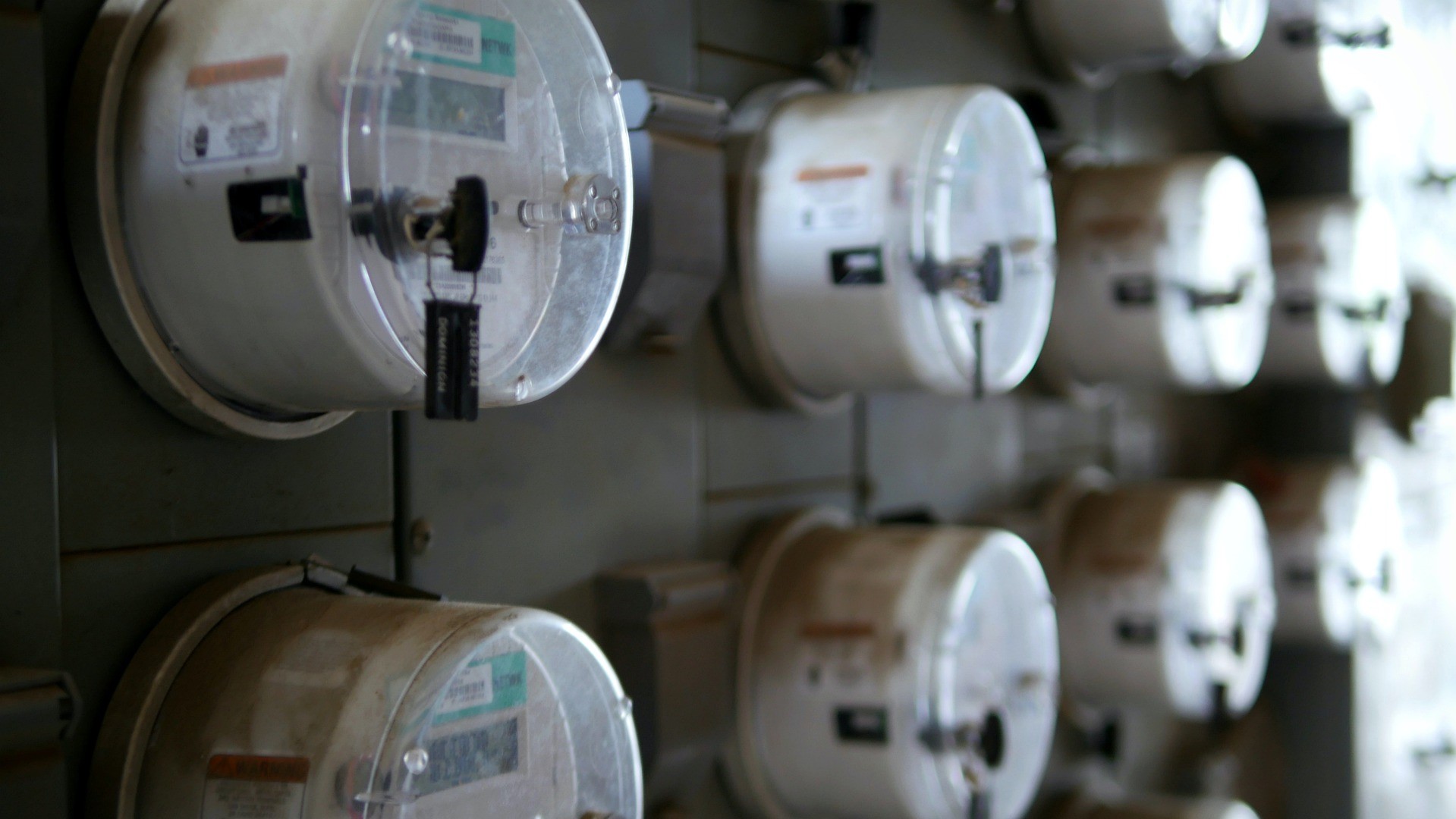
The low residential prices are due to the government’s price cap on electricity and gas prices to protect Hungarian private consumers from market volatility.Continue reading

Due to the Hungarian government’s utility cost reduction program despite the war, Budapest is still the cheapest place on the continent to buy natural gas. But from Vienna to Rome, electricity costs have doubled from 2021 to 2022.
According to a report published Thursday afternoon on vg.hu, electricity prices in Europe have risen 515 percent in just over a year, while gas prices have increased 650 percent in the same period through early July.
According to the article, the one-year forward price of electricity rose to 371.9 euros on July 6, up from 60.4 euros per megawatt-hour in May last year, an increase of 515.4 percent.
Meanwhile, the one-year forward price of gas on the Dutch exchange currently stands at 162.3 euros per megawatt-hour, up 650.3 percent from 21.6 euros per megawatt-hour in May 2021.
The brutal price increases have been exacerbated by the Russian-Ukrainian conflict, with electricity prices up 128.3 percent and gas prices up 157.3 percent compared to February 2022, according to the news site.
By maintaining a utility cost reduction program, the Hungarian government is protecting families from this “staggering price increase,” according to the article. Sectors that have made significant additional profits during the crisis are also contributing to the maintenance of the cuts by paying an additional profit tax, vg.hu writes.
The article also points out that about 80 percent of the current Hungarian inflation is mostly due to foreign sources. “The explosion of energy prices due to the war not only leads to a drastic increase in inflation, but also to enormous uncertainty, which has a significant negative impact on the forint exchange rate,” the article highlights.
Featured photo illustration via Pixabay